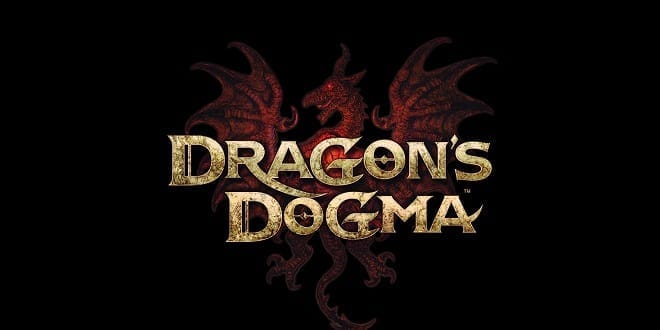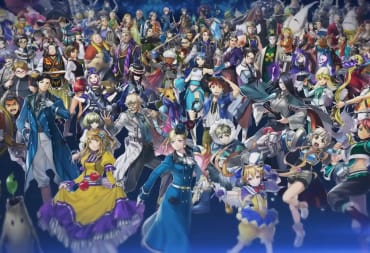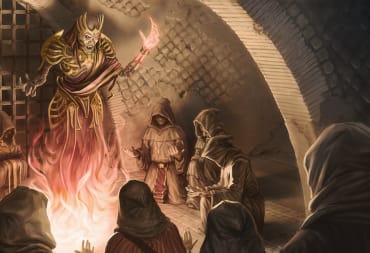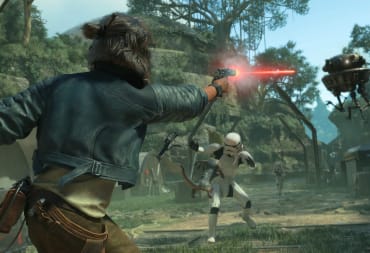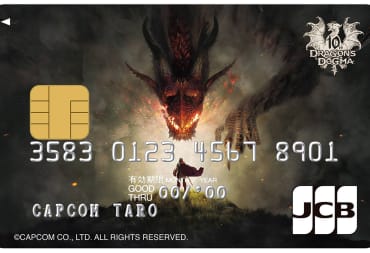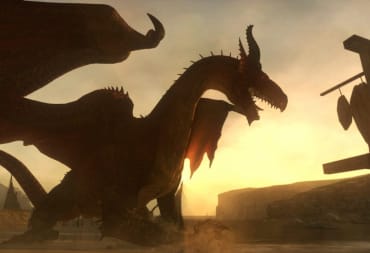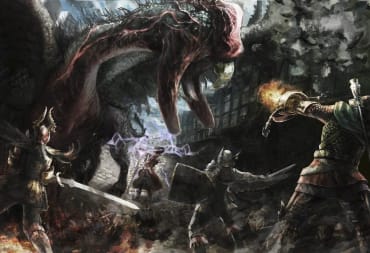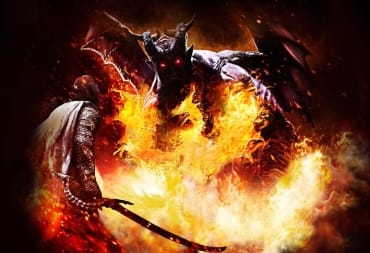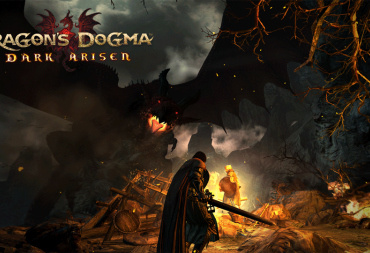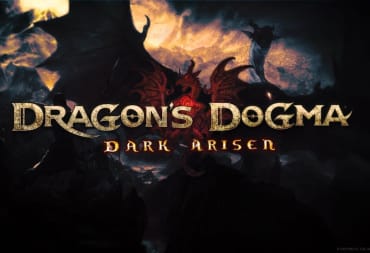When thinking about which games were the best of Gen 7, I have a short list that immediately comes to mind. Lost Odyssey made me cry. Red Dead Redemption let me live out my six-shooter outlaw fantasies. Dark Souls prepared me to die. XCOM updated one of my favorite games from one of my favorite genres in a way that made it fresh and exciting again. Despite all of these exceptionally good games holding little pieces of my heart, there is one game that stands head and shoulders above all of these wonderful games, and that game is Dragon's Dogma.
Dragon's Dogma came out of nowhere, released by Capcom in a time when new franchises were few and far between as risk-averse companies continually churned out sequel and spin-off, initially appearing to be a generic action RPG with little to distinguish it from the crowd. The opening of the game does little to show that the game is far more than it first appears, yet players who give the game some time will find that Dragon's Dogma excels at the one thing that sets video games apart from other forms of entertainment: game-play.
Dragon's Dogma takes the tried and true systems used in countless RPGs and twist and morphs them into something spectacular and spectacularly fun. Where most RPGs insist that you choose a class at the beginning of the game and then lock you into that choice and that play-style, Dragon's Dogma gives you access to every class and lets you swap between them easily. This not only allows players to adjust their play-style to suit their tastes in the moment, but it also allows you to continue to grow, evolve, gain strength and tap into the strengths of those other classes even when they aren't the active class that the player has chosen.
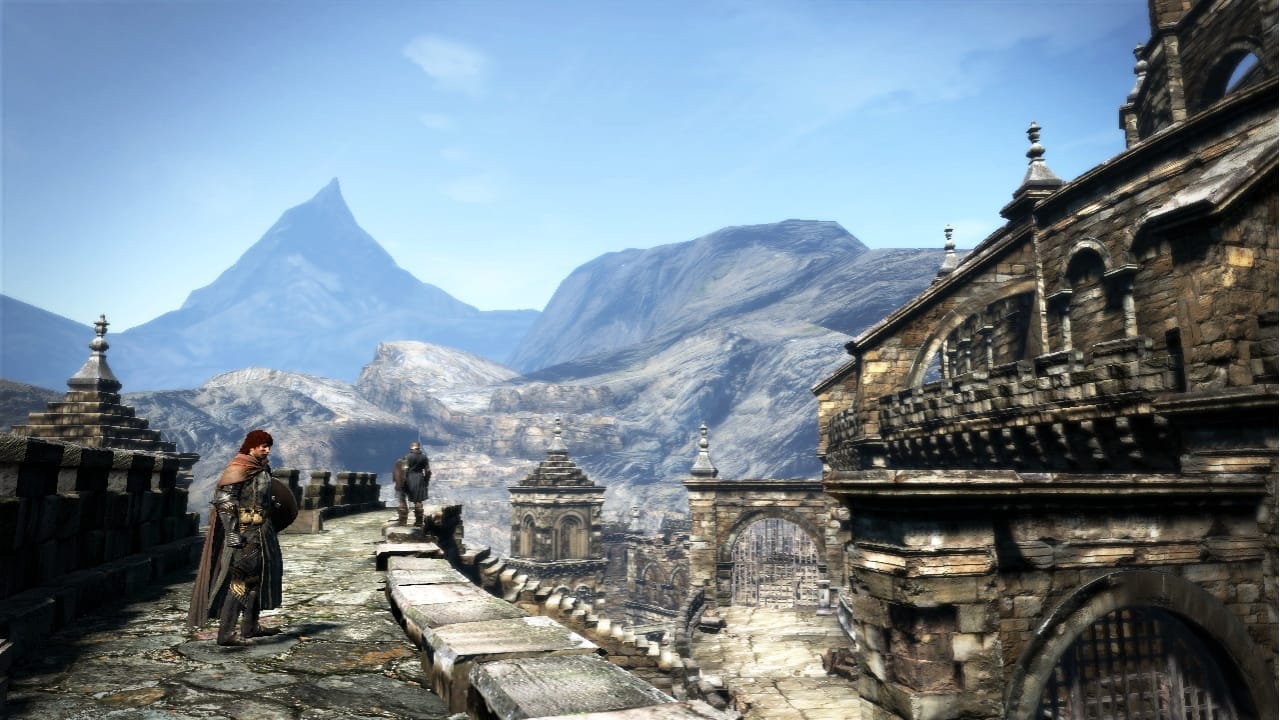
Another thing that Dragon's Dogma does better than most is that it takes the set-piece battles, the ones that most games hold back for a single encounter boss fight, and scatters them around the game's open world in a way that allows them to not only be revisited but actively encourages the player to contend with them multiple times over the normal course of game-play. Where Dark Souls finds difficulty in surprise and allows players to mitigate it via repetition and muscle memory, Dragon's Dogma places its big bad enemies into the world and lets them roam around, giving players an indication of where these fights are but placing the onus on the players to constantly be on the lookout for them.
Add in the fact that Dragon's Dogma treats night as if it were an enemy to contend with in and of itself—even experienced players can find themselves in trouble if caught out after dark. Enemies A, B and C don't always just stand behind pillars X, Y and Z and instead the giant Chimera that lives in the area could very well come in behind the player and start wreaking havoc on the player's party before the player has time to prepare. The giant Gryphon seen overhead may crash down to earth on top of the party, scattering them and beginning a fight before the player is ready. If the player wants to encourage these interactions, Dragon's Dogma allows for it. For example: Dragon's Dogma's Gryphons love to eat Goblins, so baiting them with a captive Goblin is viable and encouraged. This type of dynamic interaction makes the world of Dragon's Dogma feel lived in and exciting.
The fights themselves certainly have strategies that are more or less effective based on the enemy faced, but these strategies are far more than simply memorizing attack patterns. These fights are where the game truly shines. Dragon's Dogma not only gives players access to a ton of fun and powerful abilities but also gives the players the ability to pick-up and carry small objects and enemies and, most excitingly, grab onto and climb the larger enemies. Exciting fights against incredible monsters like Drakes, Dragons, Chimeras and giant Cyclops not only appear often but very rarely play out in the same way twice and, based on the character's current class, can play so differently that they feel like entirely separate fights.
The gear and loot system are directly tied into the Dragon's Dogma's combat system as well. Nearly every piece of gear that a player finds can be upgraded and morphed into a valid piece of armor or a strong weapon using the game's upgrade system. This means that players can choose gear as easily based on aesthetics as on overall statistics.
As well as giving players the option to choose gear as they see fit, the upgrade system requires players to gather items from the monsters spread around the world. In most games this becomes a grind as players go through the motions to farm up the needed materials and then move on, where Dragon's Dogma encourages players to continue to get up close and personal with the monsters that are the stars of the game. Upgrading a piece of gear to its final, most powerful form requires players to fight the game's dragons. Even when players are at their most powerful these fights can go badly if not handled with care, meaning that the excitement and fun of the fights remains, even after dozens of encounters.
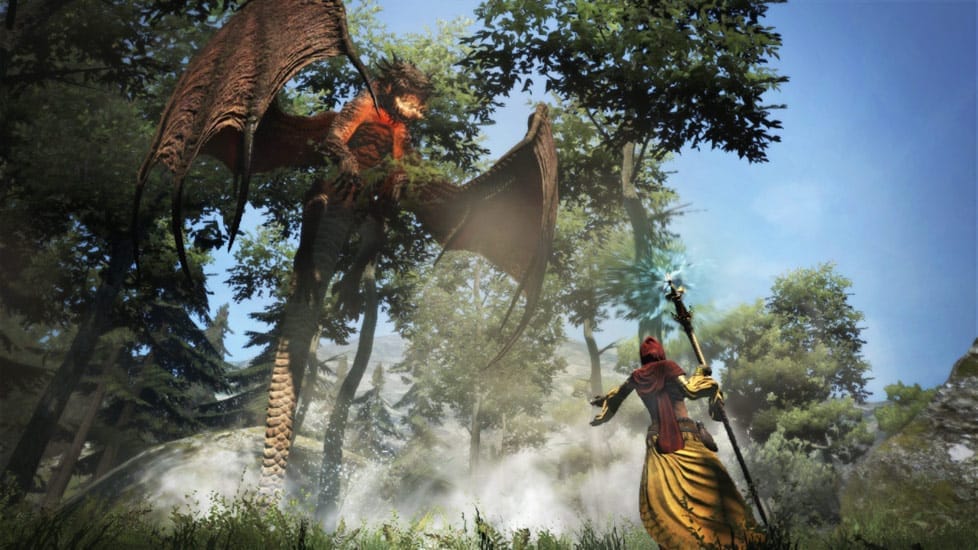
Early during my first play-through of Dragon's Dogma, I discovered that my character could pick up various things around the world using the games grabbing/grappling system. I formed what I thought at the time was an incredible plan; I would begin the last boss fight of the game by throwing a brick at the boss. Needless to say the brick was not a very effective way to begin the fight with the biggest baddest dude around, but the fact that the game let me simply pick a brick up off of the ground and chuck it at the boss's face was enough to seal this game into my heart and mind forever. Even more endearingly, had I had the patience and gumption to do it, I could have defeated the boss simply by throwing bricks at it. The sheer volume of approaches that players can take to the incredible combat in this game are mind boggling.
Dragon's Dogma has other interesting systems that twist traditional RPG systems into something wholly unique as well. The game is a party based game but gives the player control over only the main character and leaves the rest of the party to be filled with AI controlled Pawns. The player gets to create one of these Pawns and shape and mold them as they see fit, determining the Pawn's class, abilities, equipment and behavior. The other two Pawns that a player fills their party with can either be found as pre-made NPC's around the world or recruited from other players via the game's only real online feature.
Instead of playing with other players online, players are limited to recruiting the Pawns from other players. This system is interesting in that Pawns get stronger and gain knowledge as they are recruited by other players. If a player's Pawn is recruited and completes a quest or fights a monster with another player, that Pawn will vocalize advice on how to complete that quest or best to defeat that monster when the player comes in contact with it.
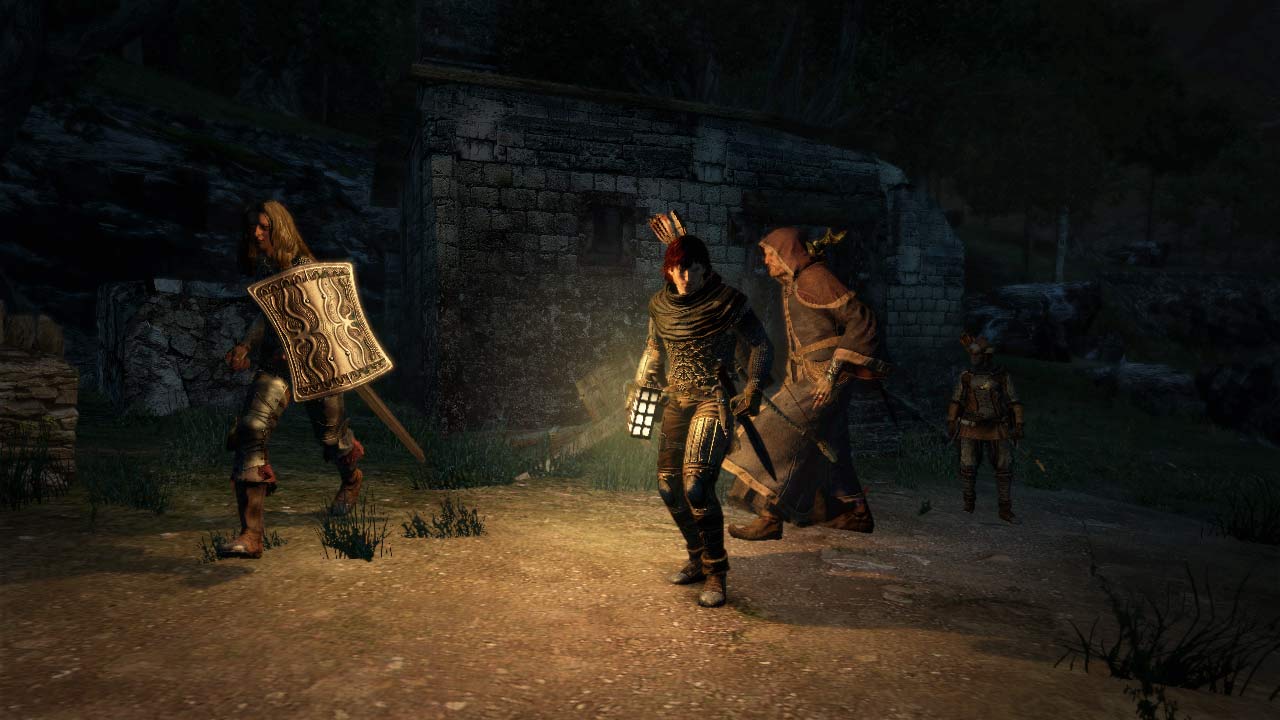
Dragon's Dogma also does something that I've not experienced before in that it lets the player romance nearly any NPC in the game. Interestingly, the game doesn't really even hint that there is an option for romance and this led to one of the most hilarious moments that I've ever had in a game. Knowing only that the gifts I was giving to him reduced his prices, I plied the blacksmith in the game's main city with gift after gift. Eventually I passed a point in the story where the main antagonist kidnapped the "person that I cared most about."
I didn't think much of it and traveled around the game's countryside fighting monsters and having fun. Eventually I made my way back to the main city and noticed that the blacksmith was missing. Initially I thought that my game was bugged as the blacksmith's wife was still standing in their stall behaving exactly as she always did. After much fussing, reloading and consternation, I decided to just attempt to continue on with the game even though I was severely inconvenienced without having access to the blacksmith.
As I progressed through the story, I eventually rescued my "love" who, much to my incredible surprise, was revealed to be the very same blacksmith that I thought was gone forever. During the cut-scene in which he reappeared, he ran into the arms of my grizzled burly-man character and they locked beards in the most passionate and unexpected kiss I've ever experienced in a video game. I very nearly peed myself with laughter, but I was extremely relieved that I would have access to the blacksmith again. Little did I know that he had decided to move into my character's house in the game's starting village and not back into his stall with his wife. I eventually managed to "convince" him to go back to his wife but that is a story for another day. Let's just say it involved carrying him over my shoulder and a cold dip in the ocean.
The one area that is Dragon's Dogma's real weakness is the game's story. The story is essentially nonsense and serves merely to justify why the world in which the player is playing exists. Even despite the nonsensical story, the game-play is so strong, compelling and interesting that it more than makes up for the strange ridiculousness of the narrative presented to the player over the course of each play-through. There are so many emergent stories that come of the game-play that this shortcoming fades into a mere afterthought over time.
The depth and breadth of the game-play and sheer volume of fun to be had while playing is why Dragon's Dogma is the best video game from the seventh console generation.
Have a tip, or want to point out something we missed? Leave a Comment or e-mail us at tips@techraptor.net
